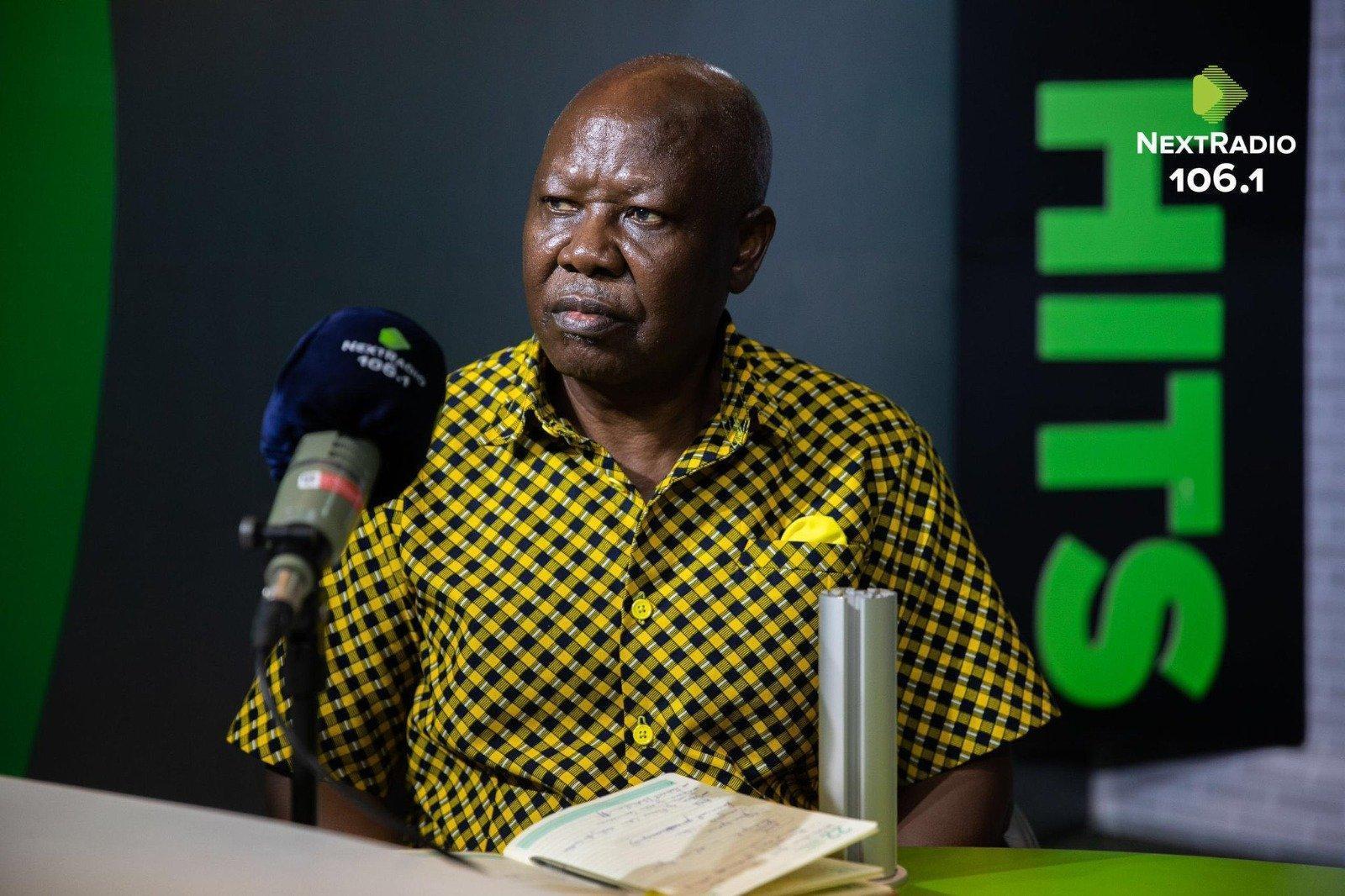Africa-Press – Uganda. The National Resistance Movement (NRM) party primaries in Nakawa, Kampala, have drawn mixed reactions from electoral observers and candidates alike, with concerns ranging from low voter turnout to persistent issues of voter bribery and result tampering.
While some observers like Herbert Anderson Burora noted that this year’s voter turnout was “much higher than it was previously,” others like NRM member James William Kinobe disagreed, saying the numbers were still very low. Kinobe said his team tried to investigate the underlying reasons, revealing that some voters cited a lack of transport support as a key barrier to participation.
“The voter turnout was really very low, and we tried to investigate some of the reasons why. Some people said they needed transport support in order to come and vote,” Kinobe said.
Burora pointed out that the nature of the position being contested often influences voter behaviour. He noted that posts such as LC5 chairman attract fewer cases of voter bribery because most candidates lack the financial muscle to “buy” votes.
“Positions like LC5 involve less voter bribery because the candidates competing for these positions are less privileged in terms of resources and money,” Burora remarked.
However, the choice of timing for the elections also raised eyebrows. While weekends are often more ideal for voter participation, Burora explained that the NRM was constrained by the Electoral Commission’s roadmap.
“It would be much better to hold these primary elections on weekends for better turnout, but it’s impossible because we are working with the Electoral Commission’s roadmap,” he added.
Despite logistical preparations being in place—Kinobe confirmed that by 9 a.m. all necessary materials, including Declaration of Results (DR) forms, had been delivered—low civic engagement remained a significant challenge.
Kinobe also expressed concern about the electorate’s understanding of democratic processes and the concept of merit in leadership selection.
“To the people in the different communities, the concept of who the right or appropriate candidate is will continue to elude us for some time,” he said.
“We are advocating that, if we can all agree as parties, we should continue educating our people gradually to move away from individual merit and instead build consensus around party merit.”
He further sounded the alarm on the credibility of results, stating that tampering remains a recurring issue.
“Tampering with results is still a major issue, and we need to sit down and find a way to address it,” Kinobe emphasised.
For More News And Analysis About Uganda Follow Africa-Press






